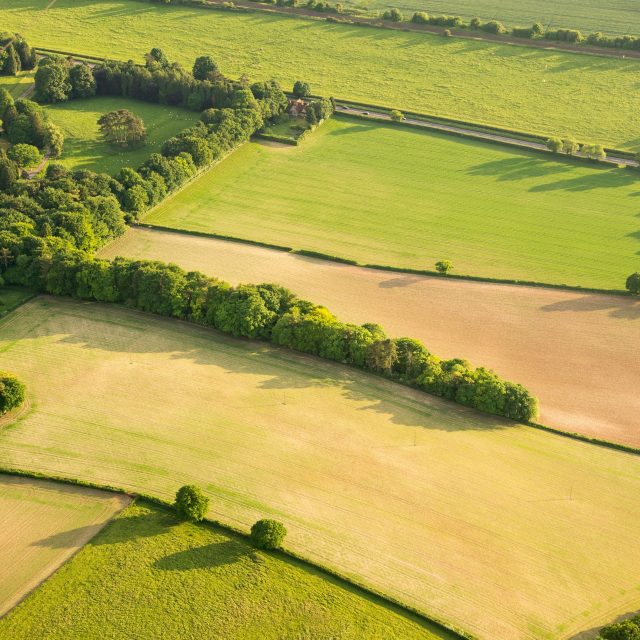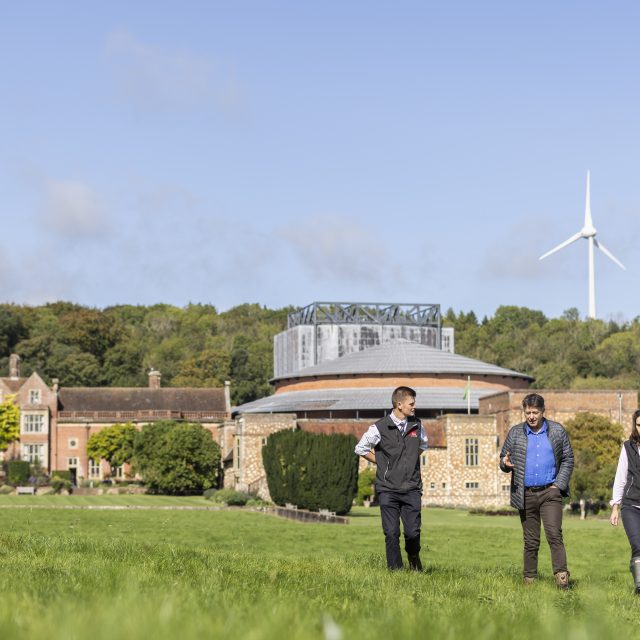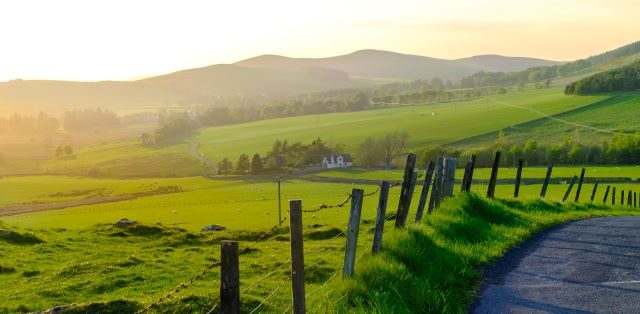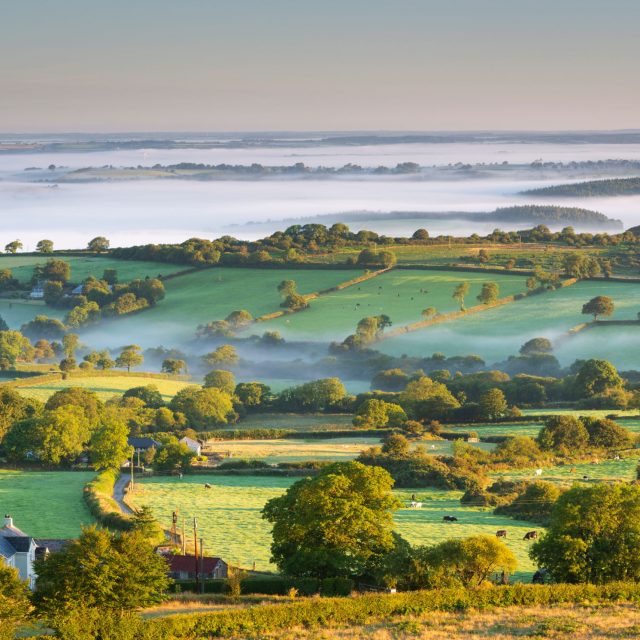An insight into the vital work of the Farming Community Network
As the Farming Community Network prepares to mark its 30th anniversary, a former Strutt & Parker consultant explains the vital work done by this important charity and his role as a volunteer.

‘I just knew that I had something to offer,’ says Simon Butcher when explaining why he volunteers for the Farming Community Network (FCN).
Simon, who retired in 2019 after an impressive 43-year career as a farming consultant for Strutt & Parker, is one of nine case workers operating in Dorset.
‘I wanted to get involved as I realised that the breadth and depth of knowledge I had gained over my time working as a consultant was unique. I’ve seen a wide range of difficult farming situations and felt that I could share that experience and give back to the industry.’
FCN, which will mark its 30th anniversary in 2025, has become a vital lifeline for farming families, agricultural contractors and the many self-employed working in the rural economy, who are all going through difficult times and periods of change.
It runs a confidential national helpline (03000 111 999) and e-helpline (help@fcn.org.uk) which is open every day of the year from 7am-11pm. The helpline staff then refer on callers to an appropriate regional co-ordinator who has access to experienced volunteers – 350 across England and Wales – who can offer free, confidential support on a range of business and personal issues.
As a former farming consultant, Simon tends to get involved in supporting farmers with farm business problems. However, FCN does support people struggling with difficult family relationships and disputes, succession, the worry of regulatory compliance, housing problems, mental health difficulties and many other challenges.
‘The role is very varied. And it is important to appreciate it is one of support not giving advice – everyone is encouraged to think through their particular problems. I’ve been involved with a case where the owners of the farm were struggling to look after their livestock and deal with the related digital paperwork because their own health was deteriorating. My role was to listen to their concerns and then help guide the family through what needed to happen to get them out of the situation they found themselves in.
‘I’ve also been asked to help a family after a key member had died and to support – in an unbiased, independent way – family disputes and difficult business negotiations. It is usually a close member of the family, friend or neighbour who makes the initial call to FCN because they can see there is an issue and that the person they are calling on behalf of is struggling to see the way forward.
‘As FCN volunteers we are here to help them find a positive way through their problems.’
How to support the Farming Community Network’s work
The number of calls to FCN has been on the rise over the past few years. With the many pressures on people and businesses, particularly agriculture, the expectation is that requests for support will continue to go up.
The work of FCN relies entirely on voluntary donations from individuals and the business community. Find out how you can donate to FCN.
If you would like to volunteer as a case worker, fundraiser, helpline operator or a number of other important roles find out about volunteer roles at FCN.
Complete the FCN’s resilience checklist
FCN also runs a website called FarmWell which encourages farmers and others in rural communities to proactively take action to build their business and personal resilience to avoid reaching a point of crisis.
It has recently launched a new resilience checklist to help farmers and farm businesses undertake a business and wellbeing ‘MOT’ by answering around 40 simple questions.
The questions cover topics such as whether partnership agreements are up to date, business objectives, work-life balance, diet and exercise, succession planning and links with local communities.
The checklist can be found on FCN’s FarmWell website.
This article first appeared in our latest issue of Land Business. For more download the Autumn/Winter 24 edition of Land Business.






